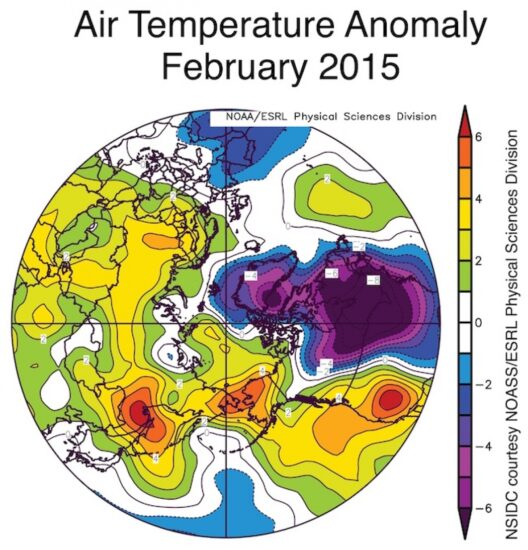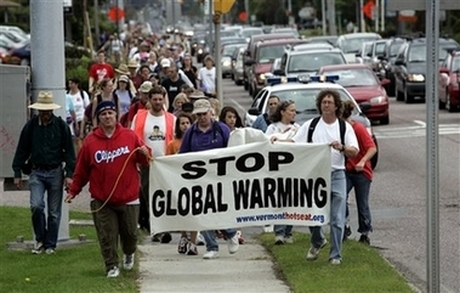Global warming, a phenomenon primarily induced by anthropogenic activities, is not merely an abstract concern for future generations; it is a pressing reality that directly impacts individuals across the globe. The pervasive influence of rising temperatures, shifting weather patterns, and extreme environmental events manifests itself in multiple facets of human life, causing economic, health, and social repercussions that cannot be ignored. As societies grapple with these changes, understanding the human toll of global warming becomes crucial for fostering awareness and inspiring proactive measures.
The most immediate and visible effect of global warming is an increase in extreme weather events. Heatwaves, hurricanes, floods, and droughts are becoming more frequent and intense, exacting a toll on human life and livelihoods. These climatic anomalies disrupt agricultural practices, leading to food insecurity in various regions. For instance, farmers who rely on predictable weather patterns are now faced with unprecedented variability. Crop failures due to unseasonable rainfall or parched land result not only in financial distress but also in malnutrition and health crises among affected populations. The linkage between food availability and health becomes starkly visible in this context, as malnourished individuals become vulnerable to a plethora of diseases.
Furthermore, the economic ramifications of global warming are staggering. The direct costs associated with repairing infrastructure damaged by extreme weather can drain national budgets, diverting funds from essential services like education and healthcare. The indirect costs, such as those incurred from lost productivity and increased insurance premiums, create a pervasive atmosphere of uncertainty, particularly for individuals living in vulnerable areas. Workers in industries reliant on stable weather conditions—such as agriculture, fisheries, and tourism—face heightened job insecurity. Therefore, the socio-economic fabric of communities begins to fray under the burden of climate phenomena.
Another critical aspect of global warming is its impact on public health. Rising temperatures facilitate the proliferation of vector-borne diseases such as malaria and dengue fever, as warmer climates expand the habitats of mosquitoes and other carriers. Vulnerable populations, particularly in developing nations with limited access to healthcare, bear the brunt of these health challenges. Additionally, heat-related illnesses, respiratory conditions exacerbated by poor air quality, and mental health issues stemming from climate anxiety further compound the health crisis. These emerging health risks underscore the insidious nature of global warming, weaving itself into the very fabric of individual lives.
Social dynamics are also affected by the realities of a warming world. Climate migration has emerged as a significant phenomenon, where individuals and communities are forced to relocate from their homes due to rising sea levels or extreme weather conditions. This influx of climate refugees presents challenges to host communities, potentially leading to resource competition and social tension. The disintegration of social cohesion can result in xenophobia and unrest, highlighting the intricate relationship between environmental degradation and social stability. Understanding the motivations of these displaced individuals is crucial, as their stories often reflect the wider human experience in the face of climate change.
Furthermore, the educational aspirations of younger generations can be hindered by the ramifications of a warming world. Schools in at-risk areas find it increasingly challenging to provide stable learning environments amidst the chaos of climate-related disasters. Disrupted education not only impacts immediate literacy and knowledge acquisition but also the long-term prospects for entire communities. The loss of educational opportunities perpetuates cycles of poverty and inequality, exacerbating the challenges faced by families already struggling in a changing climate.
The psychological impacts of climate change are equally significant. Individuals grappling with the realities of environmental degradation may experience eco-anxiety, a chronic fear of environmental doom. This psychological toll affects mental health, resulting in increased levels of stress and depression among those who are acutely aware of the implications of climate change. The emotional burden is often borne disproportionately by marginalized populations who may feel powerless in the face of systemic challenges, leading to a pervasive sense of disillusionment.
In addressing global warming’s human toll, it is imperative to emphasize the importance of community resilience and adaptability. Grassroots movements and local initiatives play a crucial role in empowering individuals to mitigate the effects of climate change. Community-led efforts can create adaptive strategies, ensuring that vulnerable populations have a voice in shaping their future. Education programs that inform and engage communities about sustainable practices foster a sense of agency and promote collective action against climate issues.
Collaboration between governments, organizations, and individuals is consequently essential in orchestrating effective responses to the threats posed by global warming. Policy measures that prioritize renewable energy infrastructure, carbon neutrality, and sustainable practices must be championed. These initiatives not only address climate change directly, but they also create opportunities for innovation and economic growth. Investing in technology and green jobs can lead to a more sustainable future, where individuals are less vulnerable to the vicissitudes of climate instability.
In conclusion, global warming’s human toll is a multifaceted crisis that encompasses health, economic stability, social dynamics, education, and mental well-being. The intimate relationship between environmental degradation and individual lives necessitates urgent action and a commitment to building resilience within communities. As awareness increases, it becomes evident that proactive engagement is crucial in mitigating the impacts of global warming on human life. Only through collective efforts can society navigate the challenges posed by a warming world and ensure a sustainable future for generations to come.








